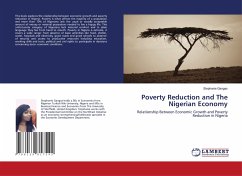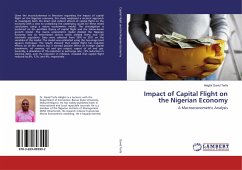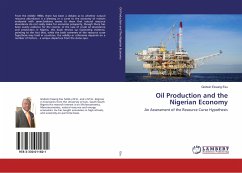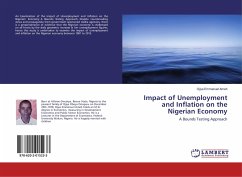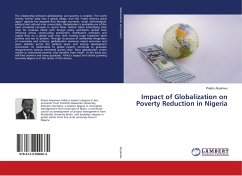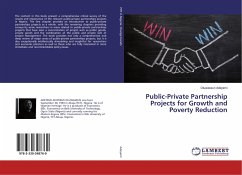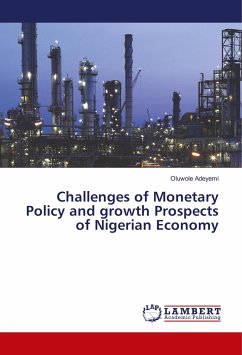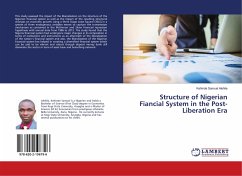This book explores the relationship between economic growth and poverty reduction in Nigeria. Poverty is what affects the majority of a population and more than 70% of Nigerians lack the usual or socially acceptable amount of money or material possessions needed to live a happy life. This unfortunate category of Nigerians lack material comfort and in plain language they live from hand to mouth. Poverty in Nigeria is extreme, it covers a wide range: from absence of basic amenities like food, shelter, water, hospitals and electricity, good roads and good schools to absence of security and access to productive resources including education, working skills and tools, political and civil rights to participate in decisions concerning socio- economic conditions.
